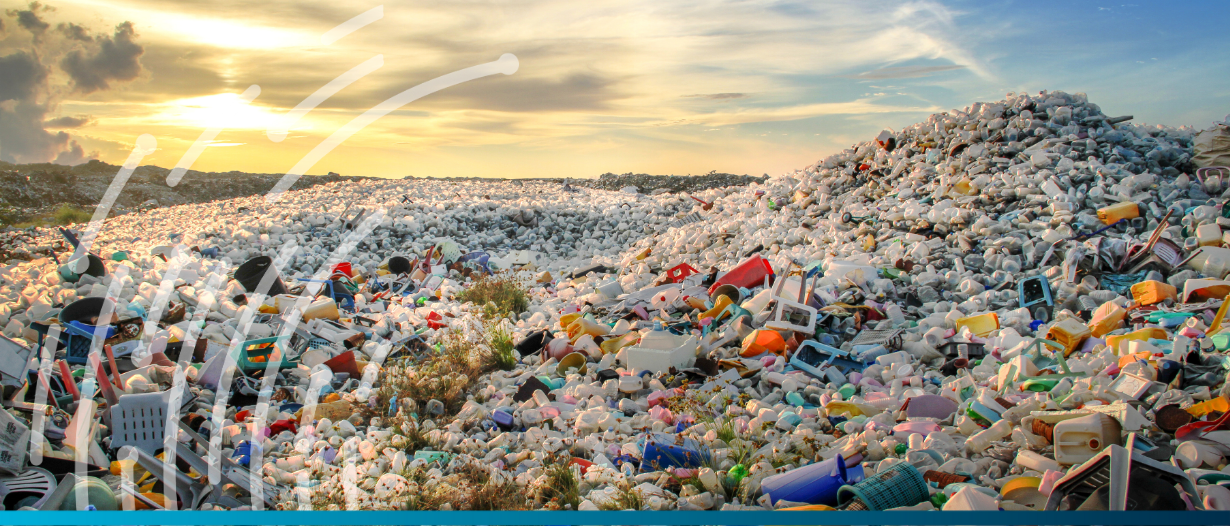As of yesterday, 1 July, Malaysia has effectively barred all shipments of plastic waste from the US.
The Southeast Asian nation, which became the world’s largest recipient of discarded plastic from wealthy countries after China’s 2018 import ban, introduced amended customs regulations on 1 July that prohibit waste shipments from non-signatories to the Basel Convention. The US remains the only major economy outside the international agreement governing hazardous waste trade.
American scrap brokers exported more than 35,000 metric tonnes (MTs) of plastic waste to Malaysia last year, according to trade data from the Basel Action Network. The US has increasingly depended on such exports as it recycles less than 10% of its plastic waste domestically.
In particular, California relies on exports in its waste management systems. Approximately 23% of its exported waste was sent to Malaysia in 2022, and it shipped more than 10 million MTs to Malaysia just last year.
Malaysia is determined to avoid becoming “the world’s rubbish bin,” as Environment Minister Nik Nazmi declared in June 2024 after authorities seized more than 100 shipping containers of hazardous materials from Los Angeles (that had been mislabelled as raw materials).
As per the new Malaysian restrictions, imports must contain 99.5% target material homogeneity with contamination limited to just 2% by weight. Zero tolerance applies to food residues, oil, and hazardous materials.
Western nations have struggled with mounting plastic waste as alternative destinations become overwhelmed or implement their own restrictions. As of 1 January 2025, Thailand and Indonesia prohibited plastic waste imports in an effort to reduce landfill overcapacity.
“China’s ban sent shock waves through the global plastic waste trade,” said Tony Walker, a professor at Dalhousie University who researches international waste flows. Countries that began accepting the redirected plastic “quickly became overwhelmed,” with much ending up in landfills or burned rather than recycled.
Plastic has become a ubiquitous commodity, infiltrating human life in more ways than countable. 2 million MTs of plastic were produced in 1950; this figure has inflated to a predicted 380 million MTs by the end of 2025. Packaging is the most significant sector of its use (40%).
Its single-use nature explains the prevalence of plastic in waste. 91% of plastic waste globally remains unrecycled, and plastic recycling itself causes pollution in the form of microplastics, and toxins from waste-burning.
For Malaysia, which received 23% of EU plastic waste exports to third countries in 2024, the restrictions represent an attempt to ensure imports support genuine recycling rather than waste disposal. Local industry associations have urged the government to permit clean, recyclable imports to help manufacturers meet recycled-content targets as brands including Nestlé, Coca-Cola, and PepsiCo commit to using more recycled materials.
The regulatory changes position Malaysia among regional leaders asserting control over waste imports, exposing what critics term ‘waste colonialism’ – the practice of wealthy nations exporting environmental costs to developing countries rather than investing in domestic waste infrastructure.
“This practice reflects a form of waste colonialism, where the environmental and social costs of overconsumption in the Global North are externalised to the Global South,” said Amy Youngman, a legal specialist at the Environmental Investigation Agency.
Negotiations for a Global Plastics Treaty are ongoing, with Malaysia’s actions potentially serving as a template for international cooperation on waste management. However, the immediate effect may redirect waste flows to countries with weaker regulatory frameworks.





























